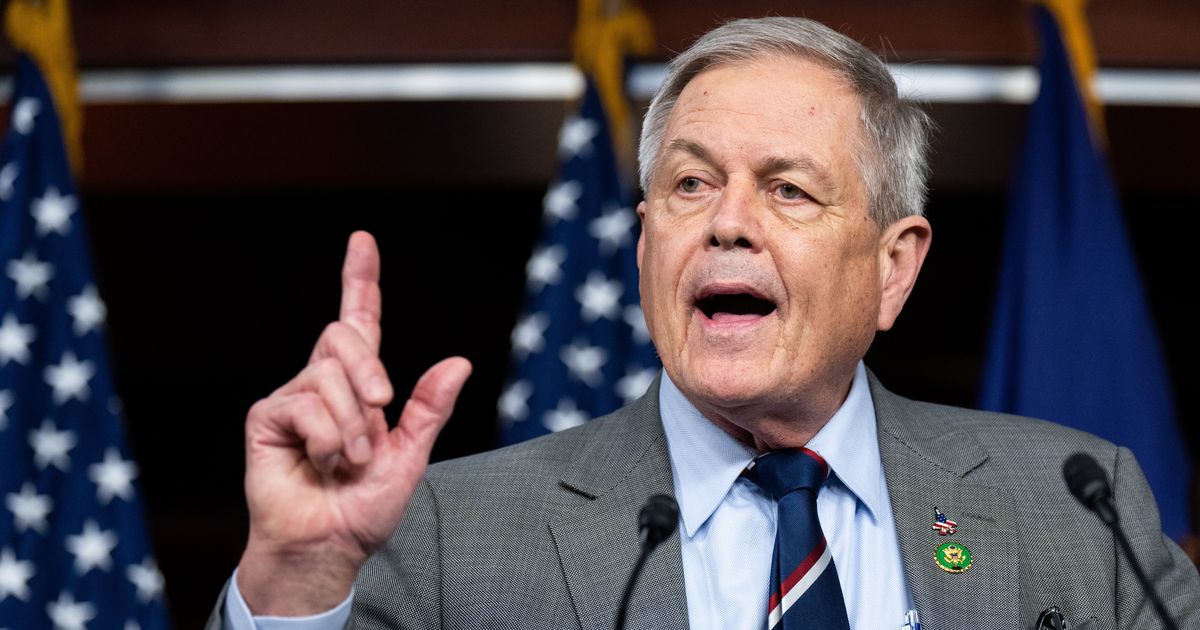Key takeaways:
- The agreement suspends the debt limit for two years and holds spending flat for 2024.
- The deal has been met with criticism from hard-line conservative Republicans who argue that it does not include enough spending cuts.
- The agreement is a necessary step to prevent the nation from defaulting on its debts, but it has been met with criticism from both sides of the aisle.
President Joe Biden and House Speaker Kevin McCarthy have reached an agreement to suspend the debt ceiling and prevent the nation from defaulting on its debts, but the deal has been met with criticism from both sides of the aisle.
The agreement, which would suspend the debt limit for two years and hold spending flat for 2024, has been met with criticism from hard-line conservative Republicans who argue that the deal does not include enough spending cuts.
Rep. Ken Buck (R-Colo.) said he was “appalled by the debt ceiling surrender,” while Rep. Ralph Norman (R-S.C.) called the deal “insanity.” Rep. Dan Bishop (R-N.C.) lamented that, of the $80 billion Democrats appropriated to the IRS over 10 years, the deal rescinds only $1.9 billion.
The agreement is a compromise between the sweeping legislation passed by the GOP-majority House last month and the spending cuts demanded by Republicans. The White House and congressional leaders must now convince enough lawmakers in the narrowly divided House and Senate to pass the legislation.
The agreement is a necessary step to prevent the nation from defaulting on its debts, but it has been met with criticism from both sides of the aisle. It remains to be seen if the White House and congressional leaders can convince enough lawmakers to pass the legislation.



Be First to Comment